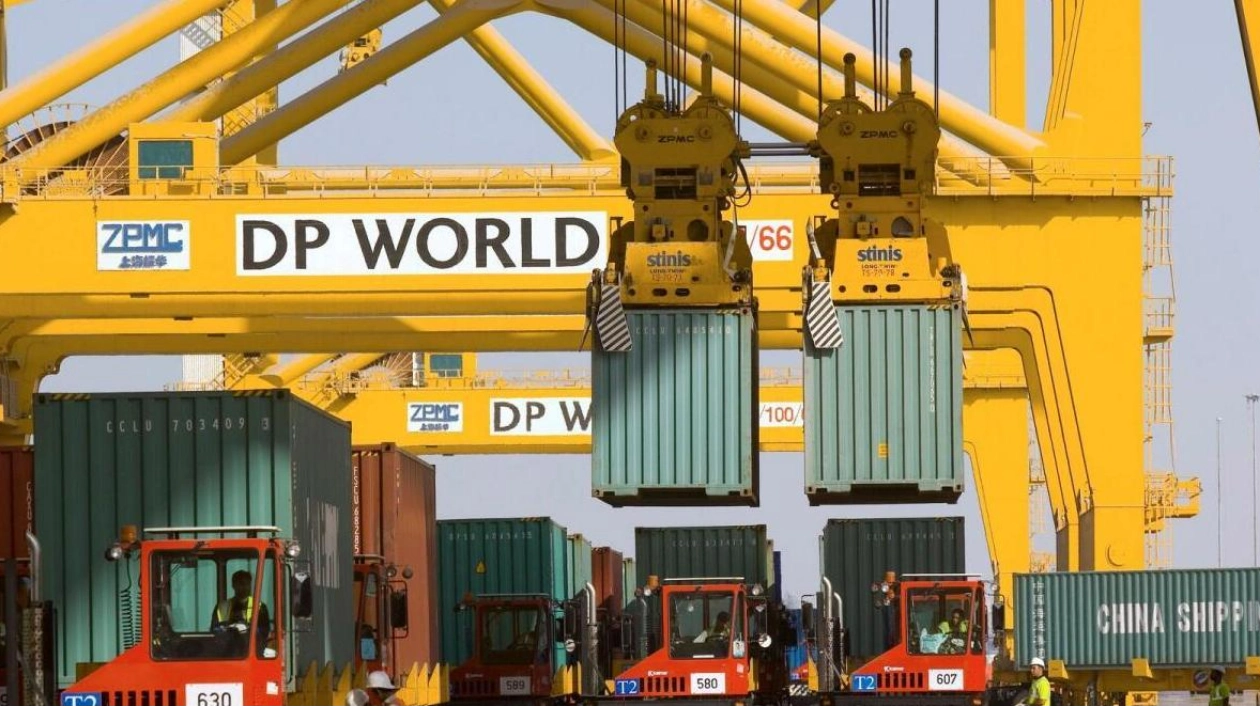The UAE is ranked as the second-largest commodity trading hub in the world, ahead of Switzerland and behind the United States, solidifying its position as a thriving business powerhouse. According to Feryal Ahmadi, the chief operating officer of Dubai Multi Commodities Centre (DMCC), this ongoing prominence demonstrates the country's resilience in the face of challenges and reflects the ambitious vision of its leaders, which is driving its growth trajectory.
Statista projects that the UAE's commodities market will reach a nominal value of $123.8 billion by 2024 and $141 billion by 2028, with an estimated annual growth rate of 3.31%. In 2024, the average price per contract in the commodities market is $0.01.
Commenting on the UAE's appeal, Ahmadi said, 'The strategic location, world-class infrastructure, and business-friendly policies in Dubai give us a competitive edge that continues to attract businesses and investors from around the world.'
The DMCC Commodity Trade Index assesses ten major trading hubs based on ten specific sub-indicators that capture locational advantages, commodity wealth, financial services and logistics infrastructure, and institutional strength. The index, presented in the Future of Trade 2024 report, utilizes data from reputable global institutions like the World Bank and the United Nations.
'The insights gathered from the index in our report will guide our path in shaping the future of commerce, driving sustainable growth, and fostering meaningful partnerships that reinforce DMCC's efforts to cultivate an environment ripe for businesses to succeed,' noted Ahmadi.
The UAE is notably dominant in the commodity endowment factors category, with a score of 77%, surpassing all other trading hubs due to its significant oil supply. The country also performs well in institutional factors, moving up to fourth place in the rankings thanks to attractive tax rates and robust trade logistics infrastructure. The index indicates opportunities for further collaboration and trade relations enhancement to improve locational and trading partner factors.
In 2024, the United States tops the index with a score of 59%, demonstrating strong performance across all categories. Switzerland makes its first appearance in the top three hubs with a score of 46%, excelling in locational advantages and institutional factors. Singapore rises three places to fourth with a score of 44%, while Hong Kong climbs one position to fifth place with a score of 41%.
The United Kingdom witnesses the largest decline in the rankings, falling to 38%. This is mainly due to the relocation of oil company Shell's headquarters from the Netherlands to the UK, negatively impacting the Netherlands' locational score. Additionally, the effects of Brexit and increased tariffs imposed by trading partners further weaken the UK's ranking.
The bottom three performers, China (34%), South Africa (18%), and Nigeria (10%), have abundant natural resources but suffer from weaker institutional support and locational disadvantages. The index scores of eight hubs declined, highlighting the significant impact of geopolitical tensions and macroeconomic conditions on global trade.






